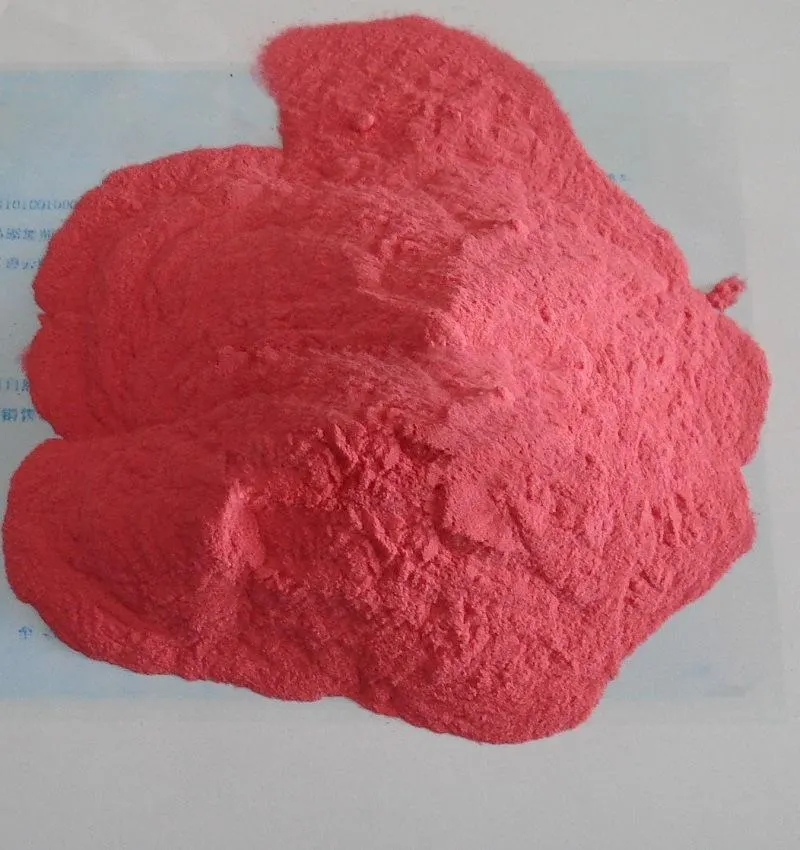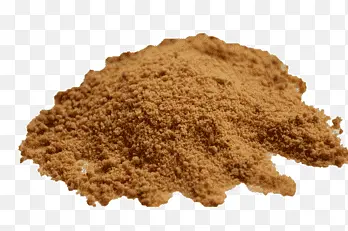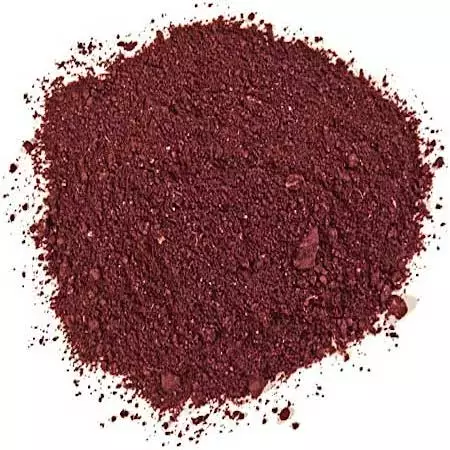Dicalcium Phosphate
|
IUPAC Name |
: Calcium Hydrogen Phosphate |
|
Cas Number |
: 7757-93-9 |
|
HS Code |
: 2835.25.00 |
|
Formula |
: CaHPO4 |
Basic Info
|
Appearance Name |
: White Powder |
|
Common Names |
: Calcium hydrogen phosphate or phosphoric acid calcium salt |
|
Packaging |
: As per customer's requirements |


---indonesia.webp)


 English
English
 Indonesian
Indonesian
 简体字
简体字
 العربية
العربية
 Español
Español
 Français
Français
 Português
Português
 日本語
日本語
 한국어
한국어
 Tiếng Việt
Tiếng Việt
